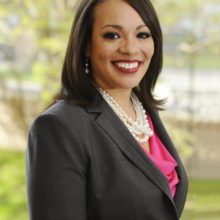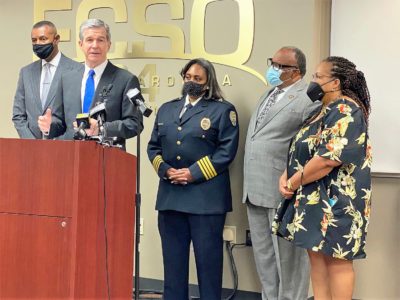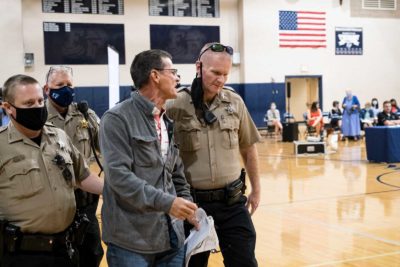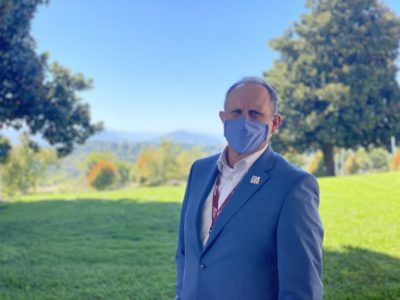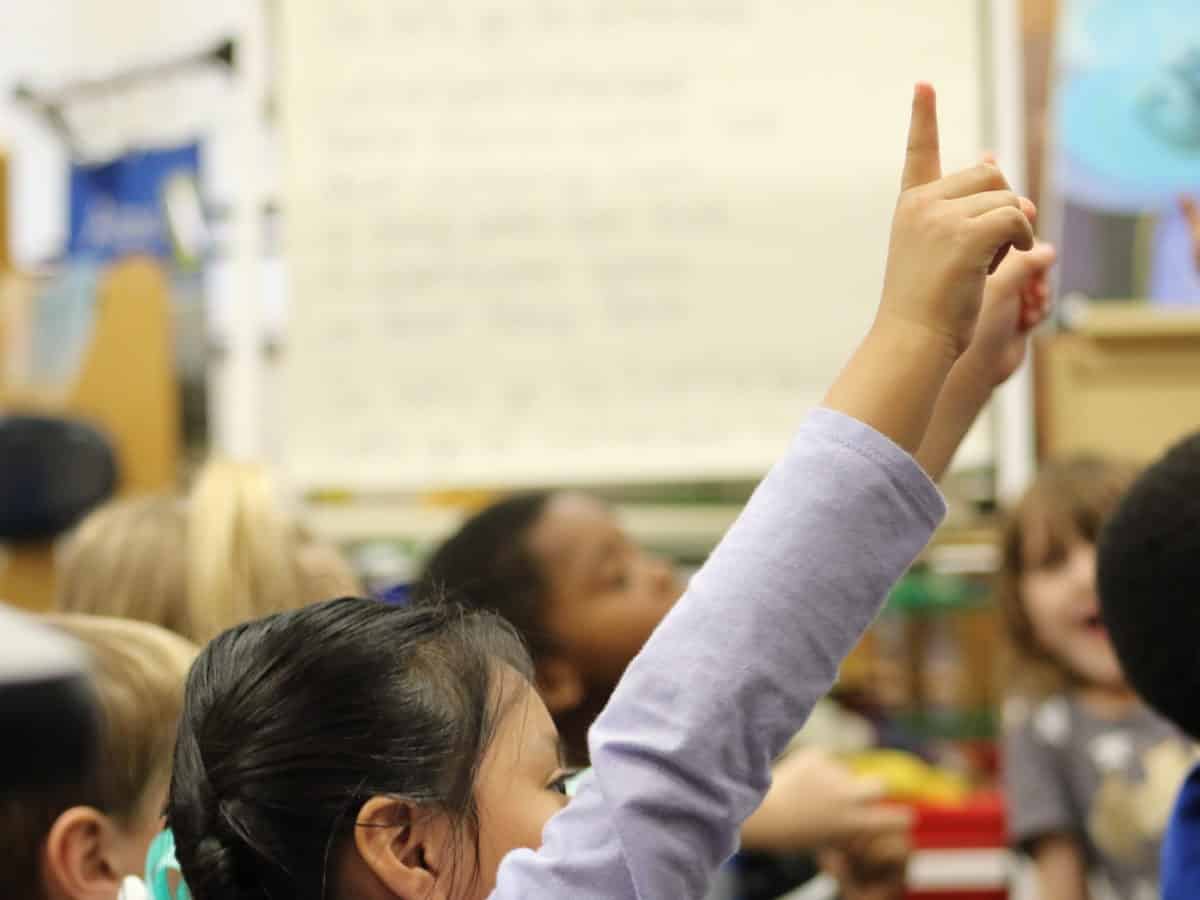
While I can say without hesitation that the past 18 months have been the most difficult of my career, I can also say it renewed my belief that public education is America’s greatest miracle. The COVID-19 pandemic brought with it trauma, pain, and suffering, but it also brought out the best in many of us. For Guilford County Schools (GCS) specifically, it provided an opportunity to redefine and refocus our efforts to care for our students and families.
Within two days of Gov. Roy Cooper’s mandate to close all schools last year, our GCS community provided drive-through food distribution hubs, serving nearly 35,000 meals daily. Within ten days of school closures, our teachers shifted to online instruction, serving 70,000 students. We also equipped students with personal devices and deployed 124 “smart” buses to communities that lacked broadband access so students could learn online. We created learning hubs, and a fifth-quarter summer program which resulted in a 91.4% graduation rate in 2021, the highest in the district’s history. I am proud of the work teachers, staff, and parents have done.
Despite our successes navigating the pandemic, our schools continue to face unprecedented challenges— learning loss, crumbling infrastructure, and an increase in violence nationwide. While we cannot rank crises, school violence is one I feel we must address immediately and together. According to the Center for Homeland Defense and Security, school shooting incidents in the U.S. have risen by 54% from last year.
Some would say this is a school problem, but what we face as a community is much greater. For example, the latest FBI Uniform Crime Report shows the violent crimes rate (per 100,000 people) in North Carolina increased by 11% between 2019 and 2020, 6% higher than the country’s rate, and the homicide rate (per 100,000 people) increased by nearly 30%.
Although many school violence incidents involved students, incidents also include adults. I am disappointed by the ongoing threats and violence against school board members, superintendents, and educators who are simply trying to do the right thing by educating our children while keeping our schools and communities healthy. Our staff has been bullied, and our buildings have been targeted by those who disagree with basic public health measures.
No one is under the illusion that we can make everyone happy in these difficult times, which is why it is so important that we discuss our differences respectfully. We cannot expect our children to address their problems peacefully if the adults in their lives don’t do the same.
What makes the American miracle of public education work is communities coming together in spite of our differences. As adults, we must model good behavior for our children and lead by example. Our children need us more than ever. They deserve good role models, a safe learning environment, social and emotional support, and — above all — love.
